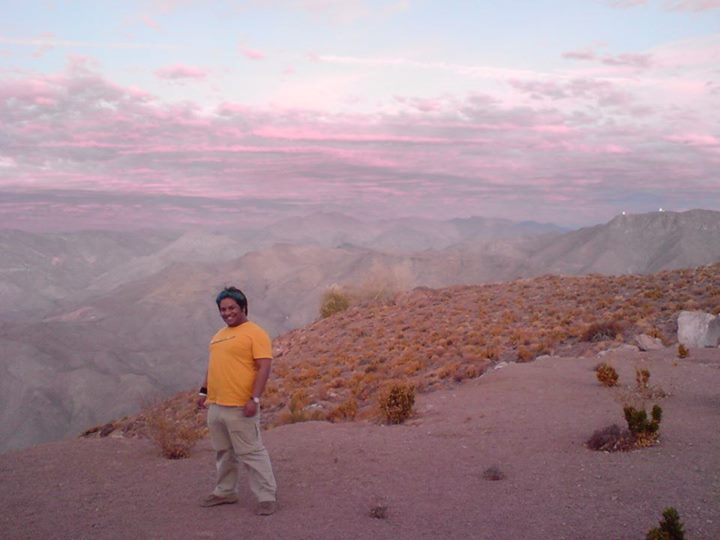He also tinkered with the DES cluster finder comparison code. To do this, he spent time learning informatics algorithms used by massive search engines (Google, Bing, etc) and eventually incorporated the F-measure into the comparison code, which effectively scores cluster finders. So now, cluster finders can aim for a high score! [Out in the wild, this is called gamification]
Nowadays, he freelance programs. Currently he is designing/building an ecosystems services platform for Landmark Information Group, a UK environmental risk consultancy. This platform is intended to suggest ways for companies who manage rivers and waterways to fix their environmental issues (e.g. sediment in reservoirs, pesticides from farmland, etc) with ecologically friendly actions (e.g., planting scrub/trees/grassland, land terracing, setting up wetlands, etc) at optimal locations (accounting for existing terrain, soil, rainfall, etc.)
Leon was part of the DES Cluster Working Group (or, at least, he hung out with them more often than not). He developed AperC4, a photometric cluster finder derived from the (now) 10 year old spectroscopic C4 galaxy cluster finding algorithm. AperC4 distinguishes itself from C4 by being a fully photometric that is a) parallelisable, b) adaptable to any input redshift information, and c) independent of cosmological priors.
We asked Leon a few more questions – here’s what he had to say:
What is your favorite part about being a scientist?
The freedom to solve problems of your choosing and not have a prescribed way of doing so. Sure, there are fashions to follow for the junior scientist, but there’s a certain satisfaction to be had in solving problems in a new way. It might even shed new light on the problem at hand. Gauss said it best: “It is not knowledge, but the act of learning, not possession but the act of getting there, which grants the greatest enjoyment.”
Do you have any hobbies or play any sports?
My main passion is music: I play percussion in an orchestra as well as guitar in a funk band. It’s just really cool getting people to sync up to make sound/music/this thing that lives and breathes when you play together. That little bit of practice at home is totally worth the way the orchestra/band sound when playing together, be it rehearsal or concert proper.
Any advice for aspiring scientists?
So, being a gun-for-hire rather than a true blue scientist, I’m going to be a little contrary. Don’t think of science as a career path. Science is the toolkit that equips you with the thinking that helps understanding of, well, pretty much whatever puzzle takes your interest. Scientists have interesting problems that will develop, test, and train your toolkit, but they don’t have a monopoly on interesting problems. You can find answers using science and not be a scientist.
